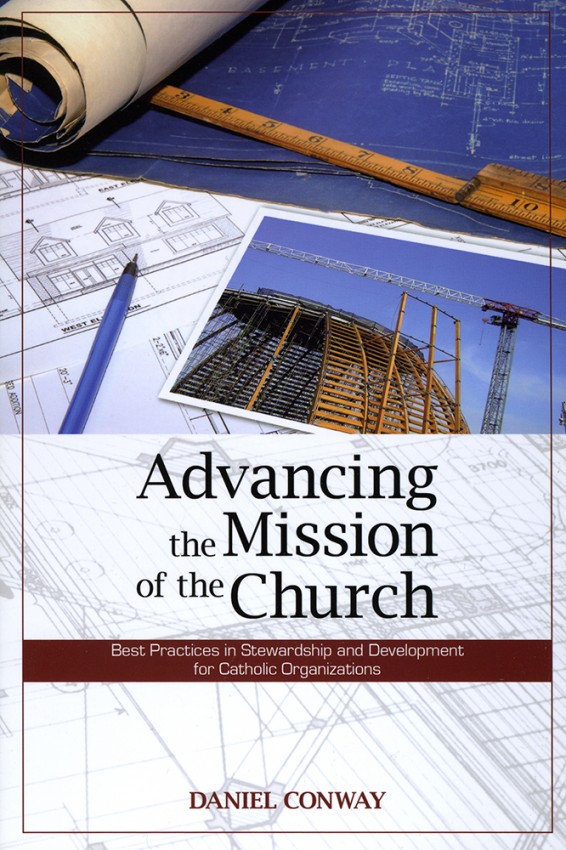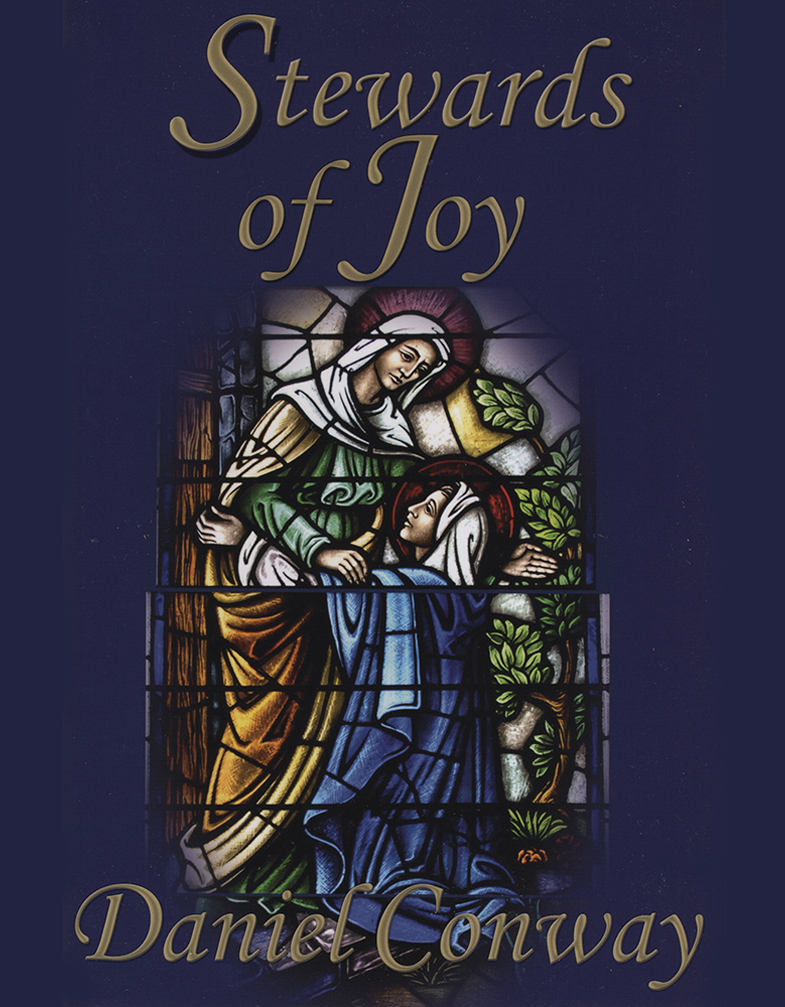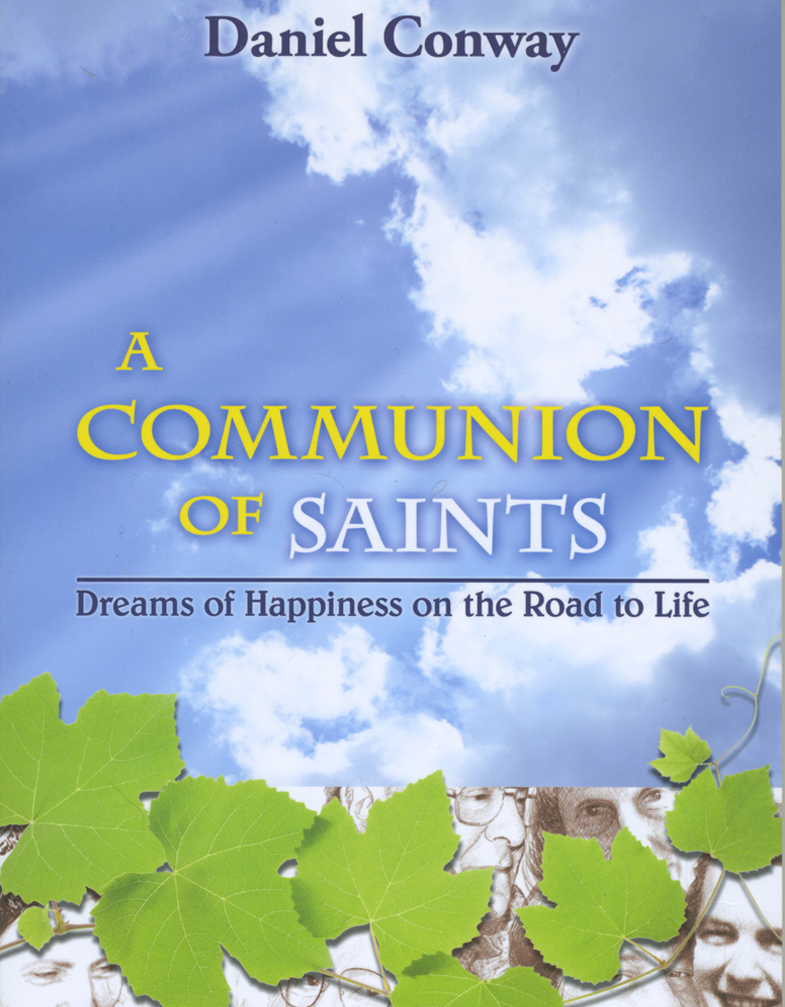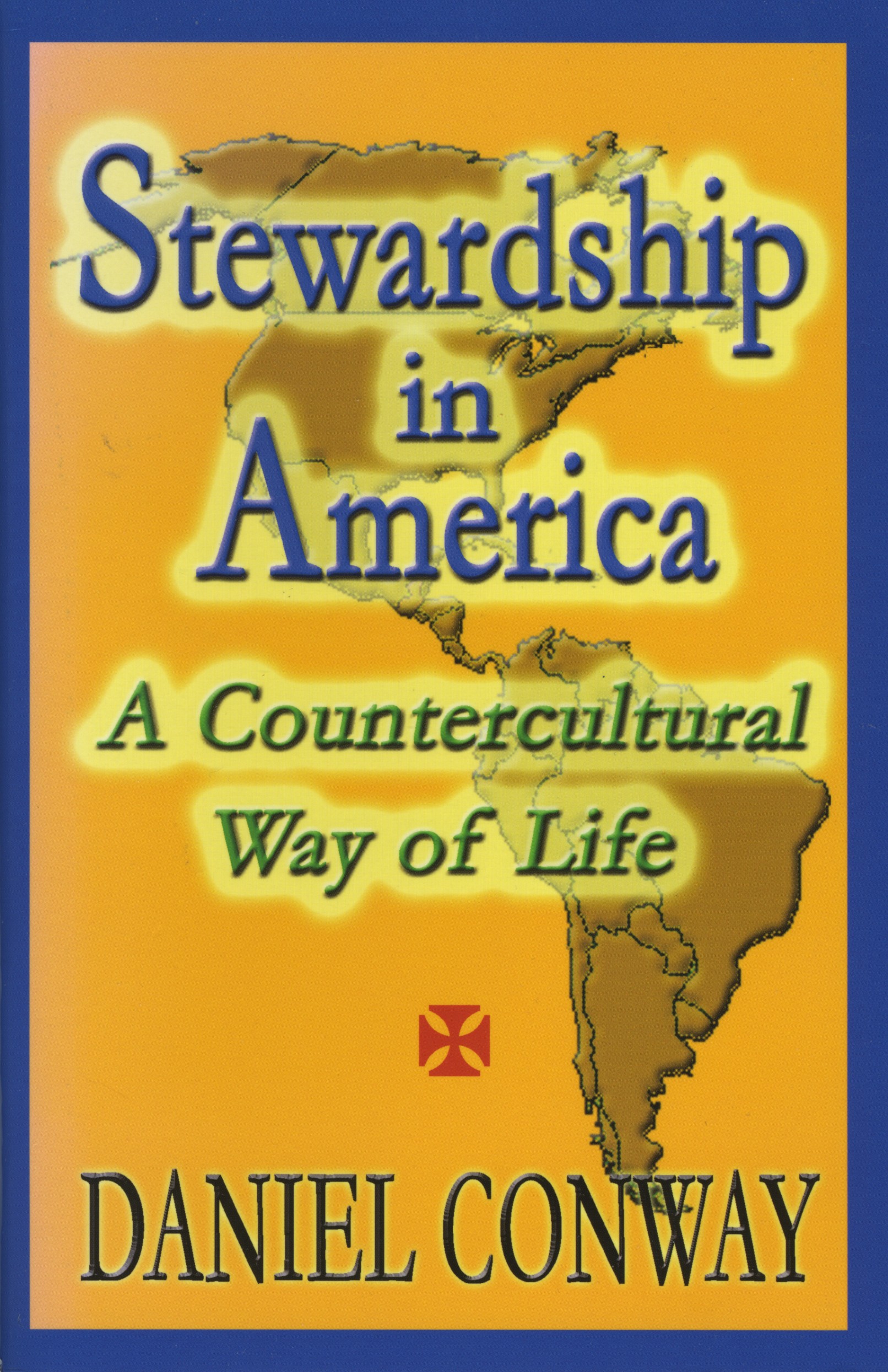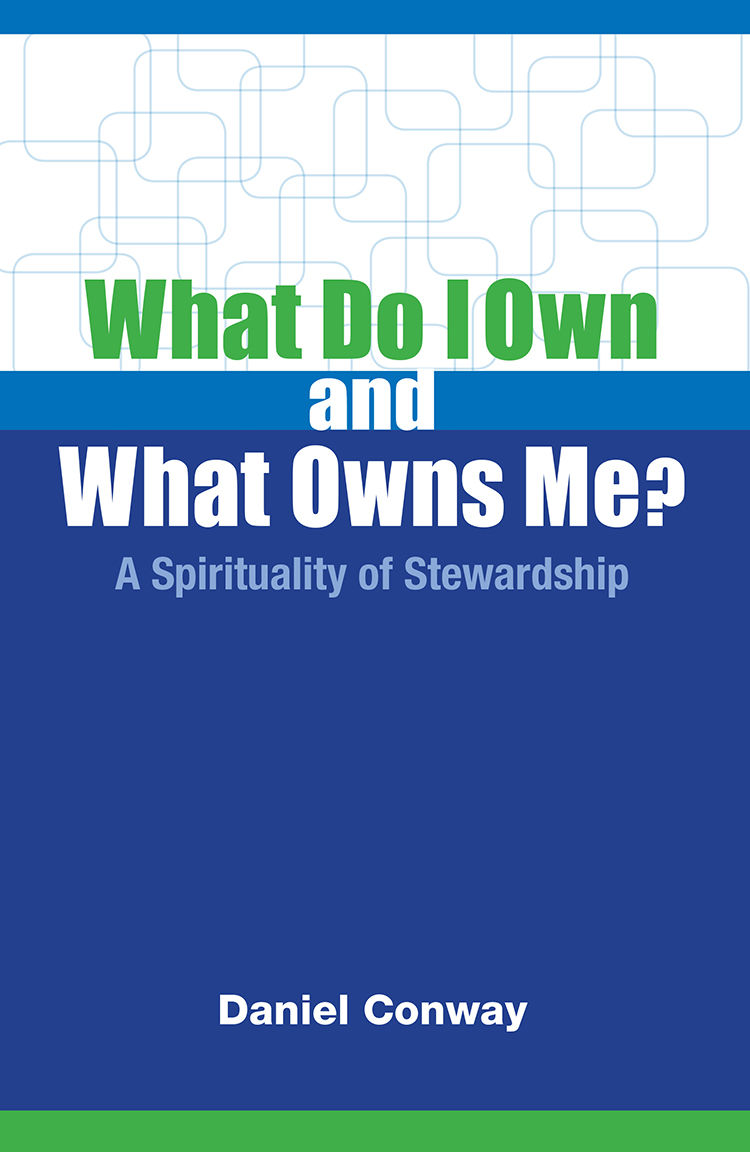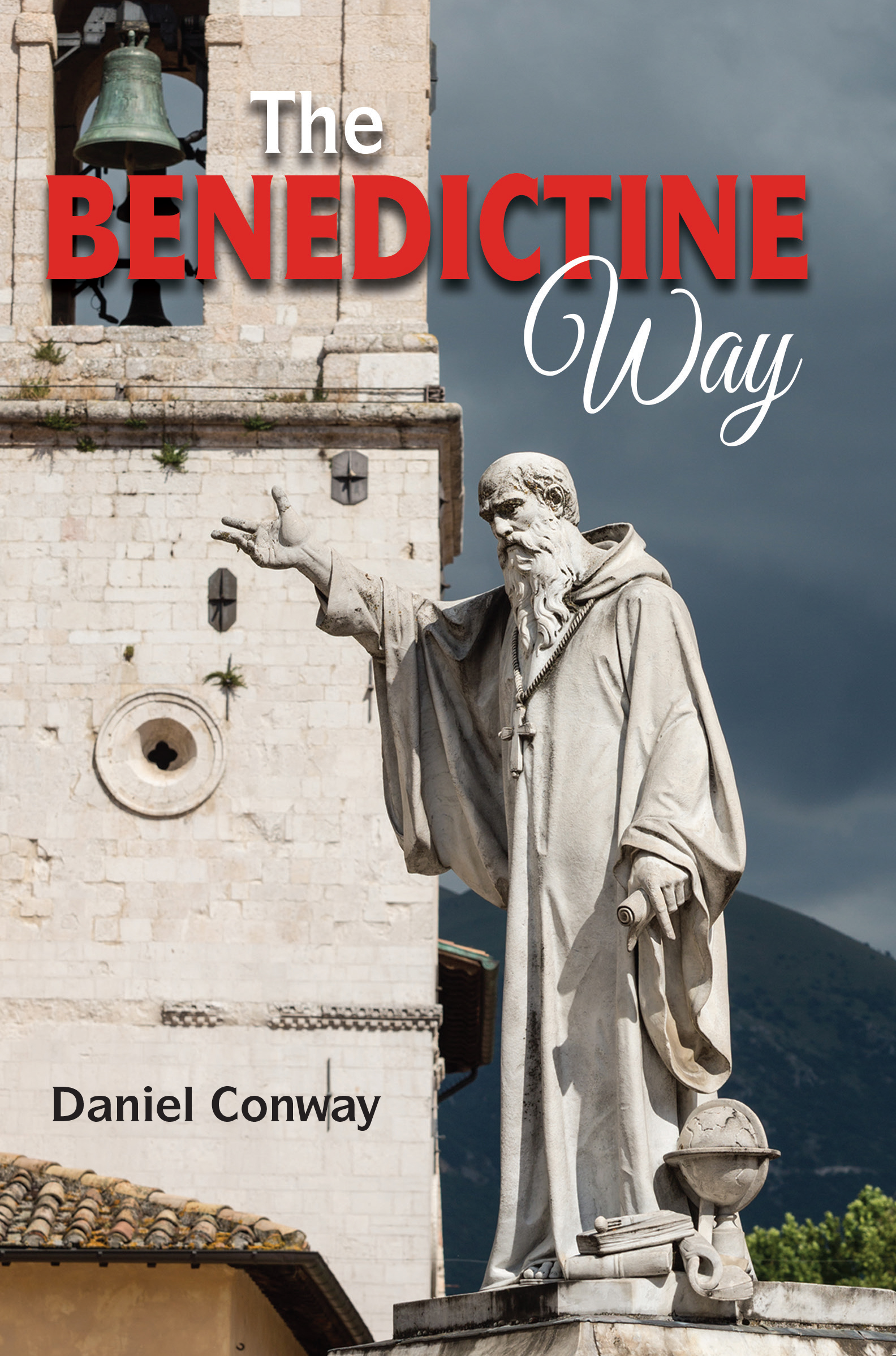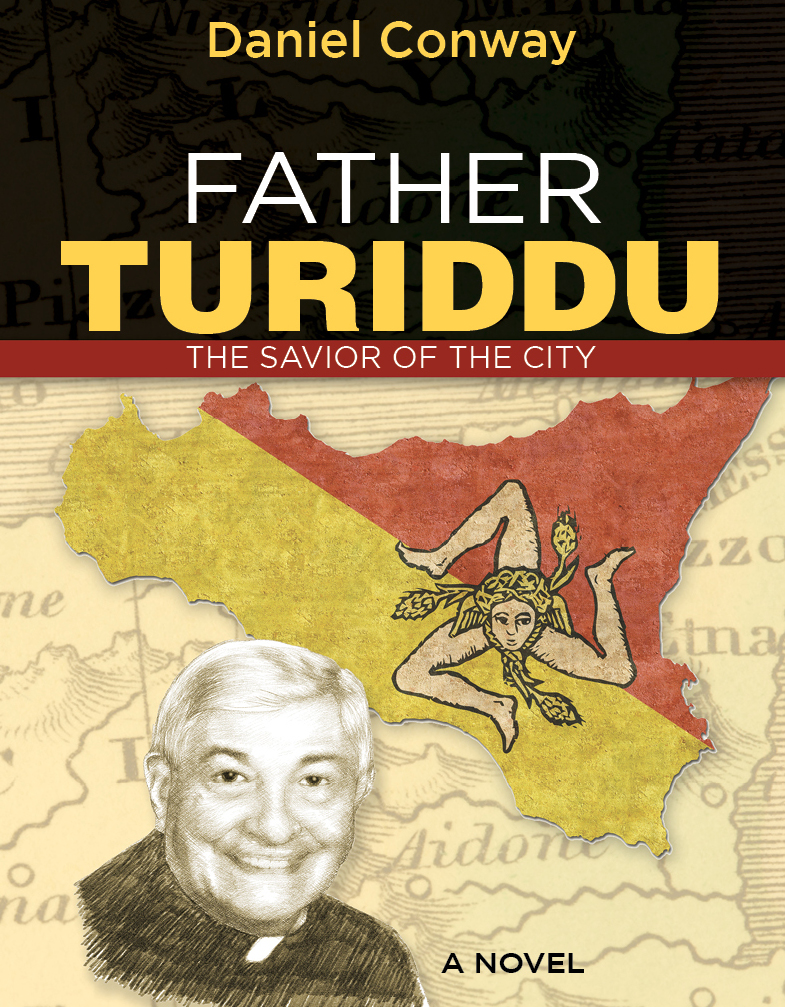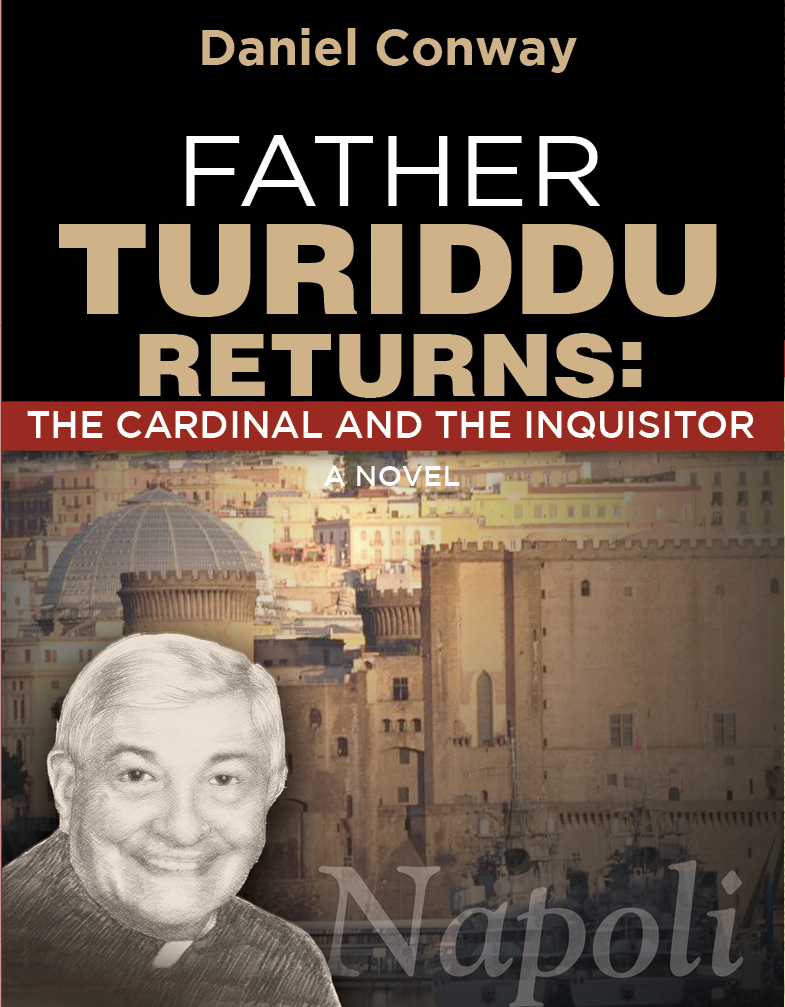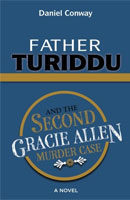My father, John L. (Jack) Conway, passed away on April 7, 2015, at the age of 93. Among many other things, Dad was passionate about his Catholic faith and his political affiliation as a member of the Republican party. (He was an active advocate for Dwight D. Eisenhower in the 1950s and for Ronald Reagan in the 1980s.)
A year after Dad died, I published a little book of memories entitled, A Man of Few Words: Remembering Jack Conway. Here is an excerpt from the chapter on “respect.”
Recently during the Republican primaries, one of the candidates (a man Jack Conway might have initially supported) trashed one of his opponents with a vicious personal attack. I remember thinking to myself that Dad would never have approved. Many times I heard him say, “You can never lift yourself up by tearing someone else down.” That candidate dropped out of the race shortly afterward with his opponent bruised but not defeated. He had tried to build himself up by ruining someone else, and the result was political suicide.
Dad believed in what might be called the politics of respect. Respect yourself, your ideas and proposals and your opponents, and the best man or woman for the position will emerge victorious. It seems hopelessly naïve today—and probably was also in my dad’s day—but it’s an ideal worth passing on to our children and grandchildren in the hopes of building a better world. The world needs more people with integrity who practice the politics of respect!
Respect is a concept that is closely aligned with reverence. I first experienced reverence as a little boy attending the 6 a.m. daily Mass with my father. The Church was dark and smelled of candles and incense, and the pre-Vatican II Mass alternated between long periods of silence and the mysterious sounds of Gregorian chant sung by the organist up in the choir loft. I noticed that Dad took this ritual very seriously—not in a pious or sentimental way, but out of deep respect for the things of God.
I remember Dad tipping his hat (worn by all businessmen in the 1950s) and greeting the Jesuit priests of our parish and the Sisters of Notre Dame who taught us at Gesu School with a particular form of respect (or reverence) that I sensed he reserved for men and women of God. Dad’s high regard for the clergy may have influenced my desire to see if I had a religious vocation. I first asked my parents if I could go to the seminary when I was in the eighth grade, but they wisely told me to wait until after high school, which is what I did. As it turned out, I did not have a religious or priestly vocation, but I’m deeply grateful for Dad’s unqualified support and encouragement during my time of study and discernment.
As [my sister] Anne observed, our father was “a man’s man.” There was nothing chauvinistic or machismo about him. And there was certainly no bravado or pretense at being superior to women or anyone else. He was manly in the classic sense, in the way a virtuous man carries himself with honor. In fact, when the Old Testament speaks of “the just man” or “the righteous man,” I think of Dad. That’s the way he was—prudent, courageous, temperate and just. He was a man’s man who honored and respected his wife, daughters, granddaughters and all women because of who they were and not because of any preconceived ideas about social roles and responsibilities. My sisters and brothers all agree. He respected us because of who we were—and who we could become with his heartfelt encouragement and support.
Dad carried himself with dignity even when he was seriously diminished by his stroke in 1999. His manner of showing respect changed when he was no longer able to take care of himself. He became the grateful beneficiary of the kindness and generosity of others. He never lashed out at his caregivers—trying to lift himself up by tearing down someone else. He respected them and did what they asked him to do even when he didn’t like it. His years of self-discipline as an athlete and a soldier caused him to take physical therapy seriously, and while he was frequently frustrated because no amount of effort would allow him to stand and walk again, he never took it out on others. He had too much respect for himself and for the good people around him to blame others for situations they could not control.
As the 2016 presidential elections approach, I often think of Dad’s “politics of respect.” Sadly, it is rarely evident today. Still, my dad would not have lost hope, and neither should we.
A Man of Few Words: Remembering Jack Conway is available at http://danielconwayauthor.com/
Copyright © 2016, Daniel Conway Permission is given to copy and distribute this Good Steward Newsletter for use in religious or educational settings provided that proper attribution is given to the author. This publication may not be sold or distributed to the general public without the express permission of the author.


